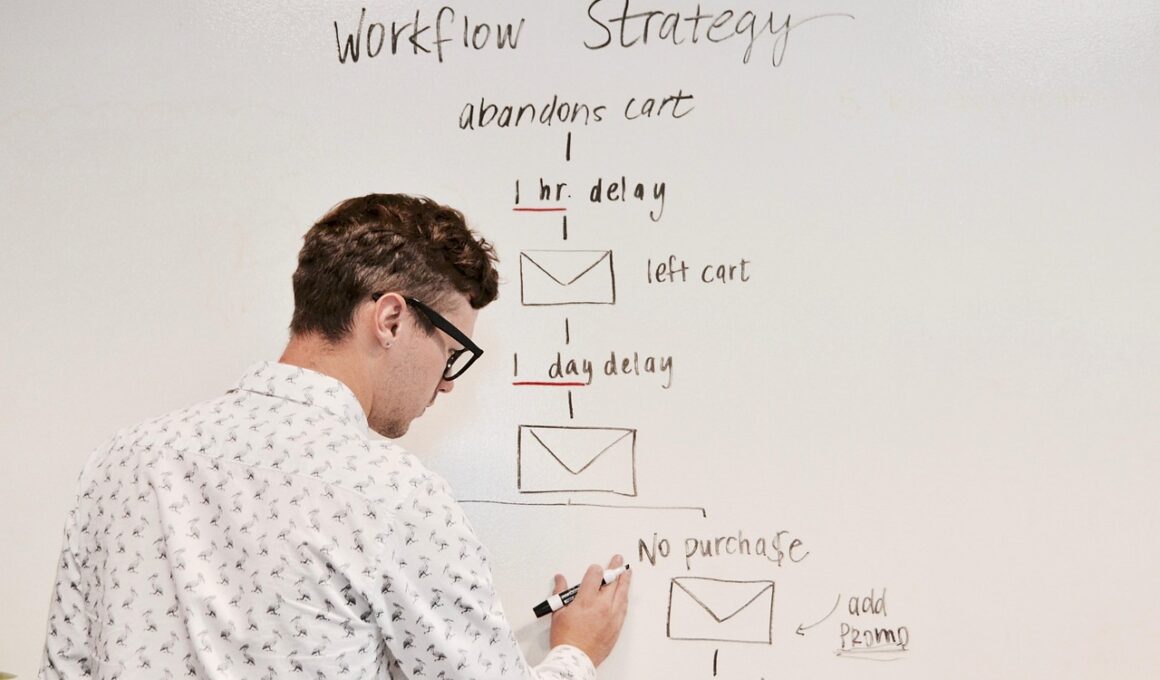Case Studies: Successful Social Media Campaign Automation Examples
In today’s fast-paced digital landscape, efficient social media automation is vital. Businesses have transformed how they engage with audiences by utilizing automated social media campaigns. For instance, a leading beauty brand launched a campaign using automation to post product highlights. They scheduled posts during peak engagement hours, resulting in a 30% increase in engagement. Using tools like Hootsuite and Buffer, they planned and published content consistently, ensuring their message reached the right audience at optimal times. Additionally, they utilized automated responses to customer inquiries, improving their customer service efficiency.
Another notable example involves a non-profit organization, which automated social media posts to promote its fundraising events. By employing targeted campaigns through Facebook Ads and Instagram Stories, they reached thousands of potential donors with minimal manual effort. They utilized analytics tools to track engagement and adjust their strategies accordingly. This data-driven approach led to doubling their fundraising results compared to previous years. Furthermore, automation helped them highlight stories of beneficiaries, showcasing real-life impacts of contributions and building emotional connections with supporters, thereby creating a loyal donor base.
Retail Brand Success
A prominent retail brand embraced social media campaign automation by leveraging user-generated content. They encouraged customers to share their experiences through specific hashtags. The brand automated the reposting of this content, creating a community-driven campaign. This strategy not only boosted brand awareness but also fostered authenticity. As a result of this approach, they experienced a significant uptick in sales and online engagement. The carefully curated posts reflected customer satisfaction and loyalty, turning everyday shoppers into brand advocates and successfully driving organic reach and awareness of their products.
An innovative tech company utilized social media automation to launch a product unveiling. They employed a multi-platform strategy, where teasers were posted automatically across all their channels leading to the event. This generated immense buzz and anticipation, translating to higher attendance in both physical and virtual environments. Post-launch, they shared customer testimonials and reviews automatically, keeping the conversation going. Their strategic use of automation not only promoted the new product effectively but also handled post-launch engagement seamlessly, driving ongoing interest and facilitating user interaction with the brand.
Travel Agency Automation
A travel agency successfully integrated automation into their marketing approach by scheduling posts about various travel destinations. Utilizing Canva for design and Later for scheduling helped streamline their marketing efforts. Their automated campaigns highlighted seasonal trips, promotions, and travel tips, captivating potential travelers. By analyzing engagement metrics, they adjusted content types and posting times, enhancing interaction rates. This strategic automation led to a noticeable increase in inquiries and bookings, demonstrating how effective structured campaigns can amplify outreach while minimizing the resources needed for manual operation.
A fast-food chain realized the benefits of social media automation when they introduced their loyalty program online. They automated messages to customers highlighting exclusive offers and new menu items. Campaigns leveraging social proof by sharing customer stories and feedback resulted in extensive brand interaction. This effectively built excitement around promotions and led to greater customer drive-to-store traffic. Their well-orchestrated strategy showed how automation in promotions could enhance customer retention by consistently engaging users with personalized content tailored to individual preferences and behaviors.
Conclusion
In conclusion, social media automation has reshaped how brands approach marketing and customer engagement. From beauty brands to non-profit organizations, companies of various sectors are successfully streamlining their campaigns. Implementing tools like Hootsuite and Buffer allows for targeted scheduling, leading to significant improvements in performance. Furthermore, automation facilitates a more dynamic interaction between brands and customers, enhancing brand loyalty and retention rates among consumers. As these case studies show, effective automation can result in notable success in reaching audiences efficiently and meaningfully.
A key takeaway from these examples is the importance of data analysis in shaping automated campaigns. Regularly reviewing metrics will enable refinement of strategies, ensuring continued relevance. Businesses can thrive in increasingly competitive environments by embracing automation thoughtfully and creatively. Ultimately, as more brands adopt these practices, the future of social media marketing is bound to transform further, necessitating continuous adaptation and innovation by marketers and brands alike in their quest for greater connection and impact across digital platforms.


